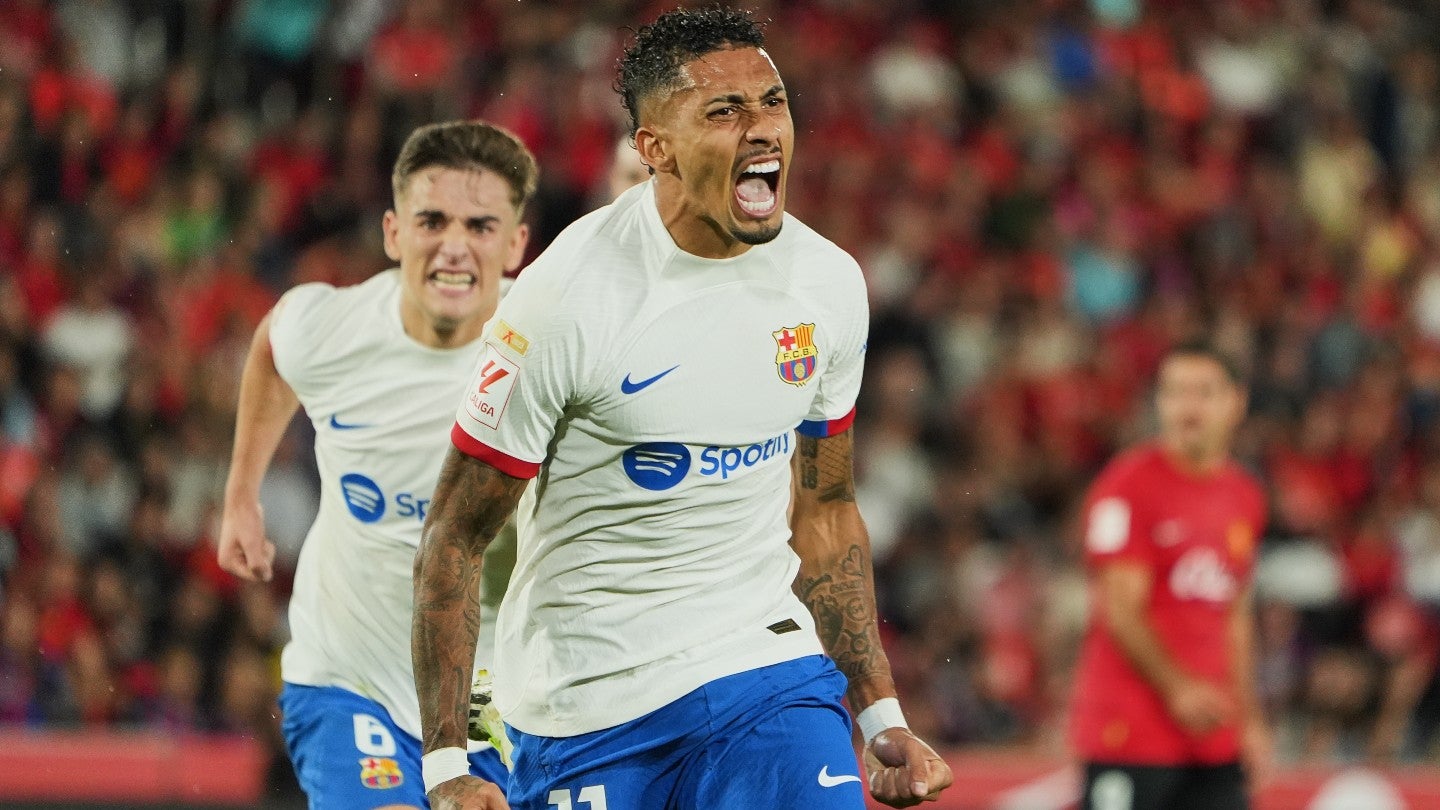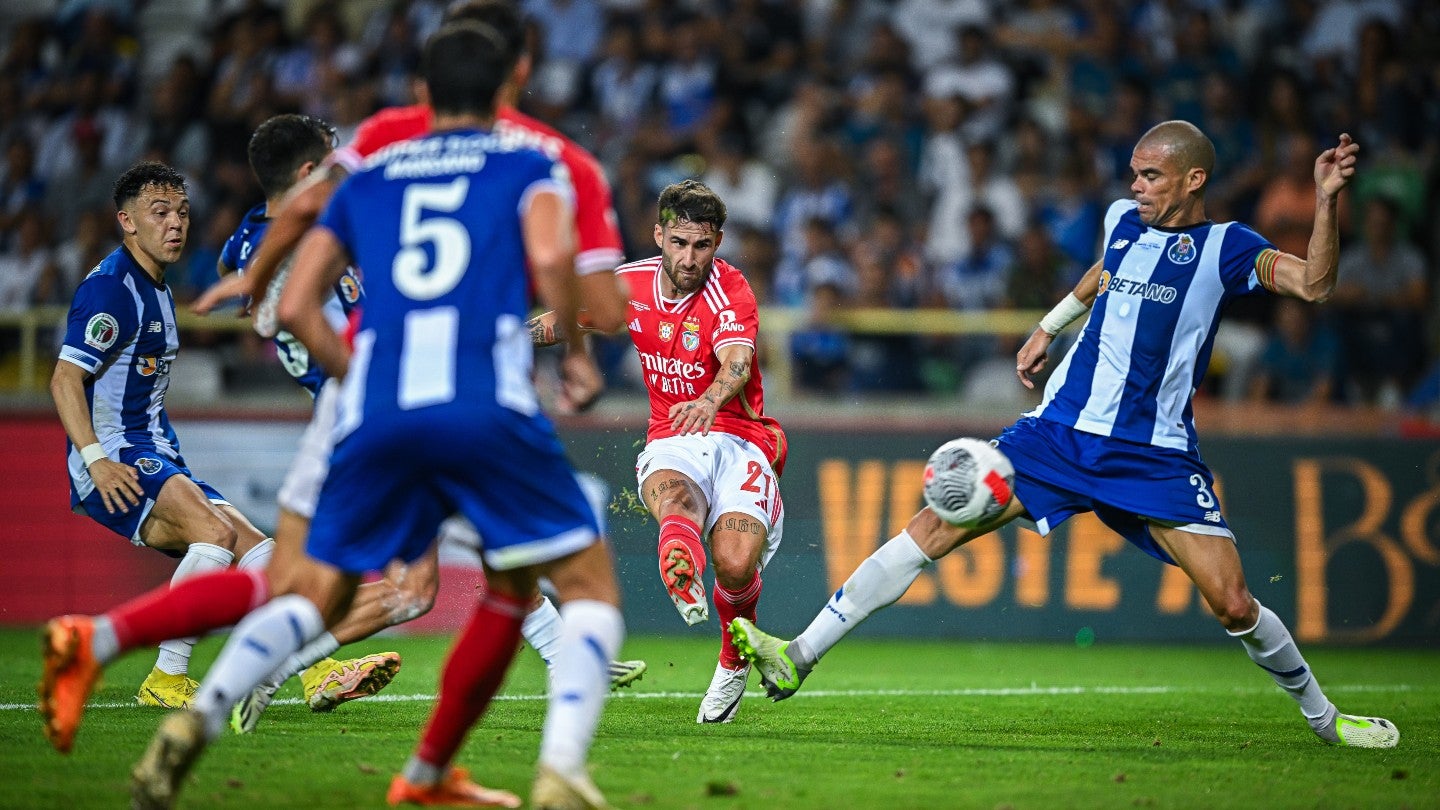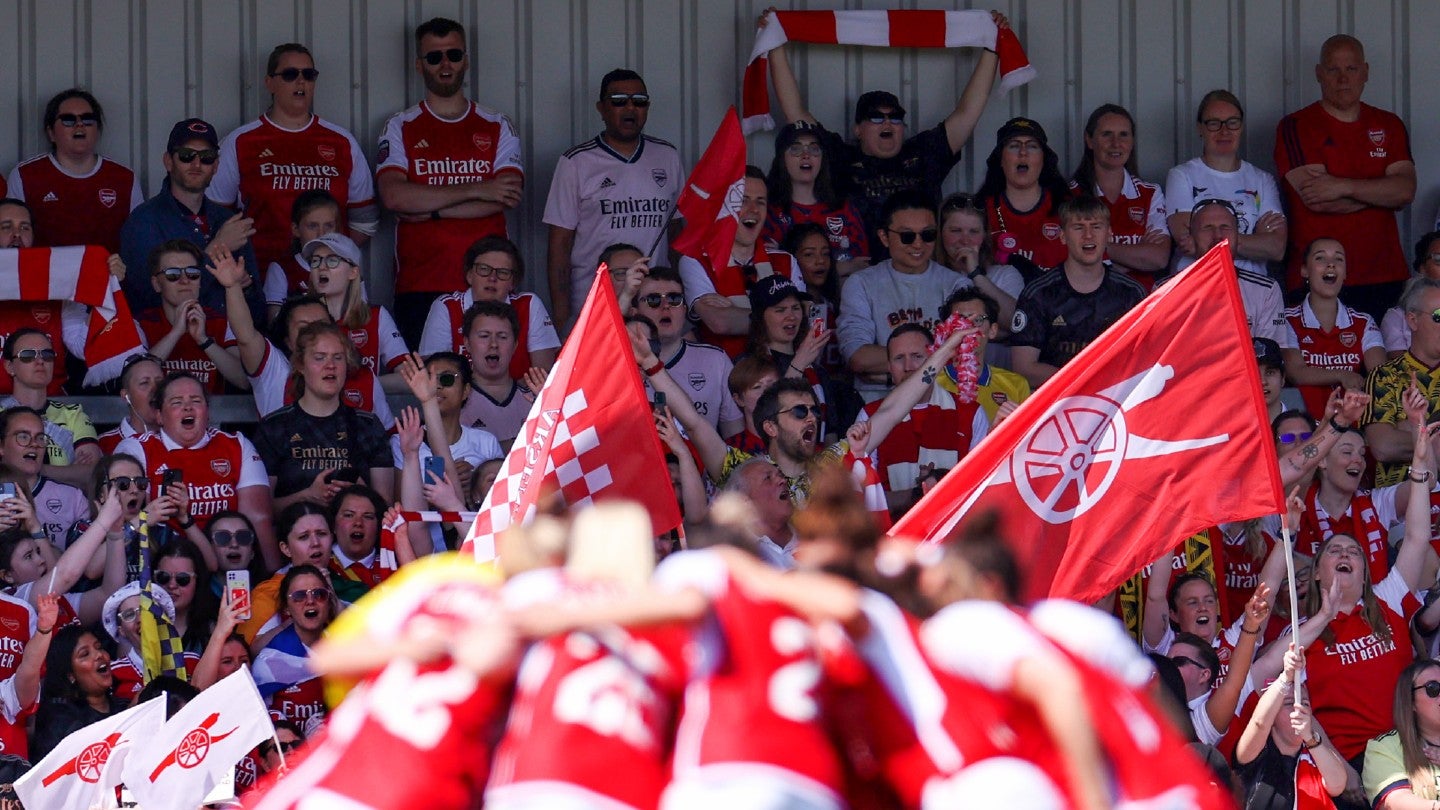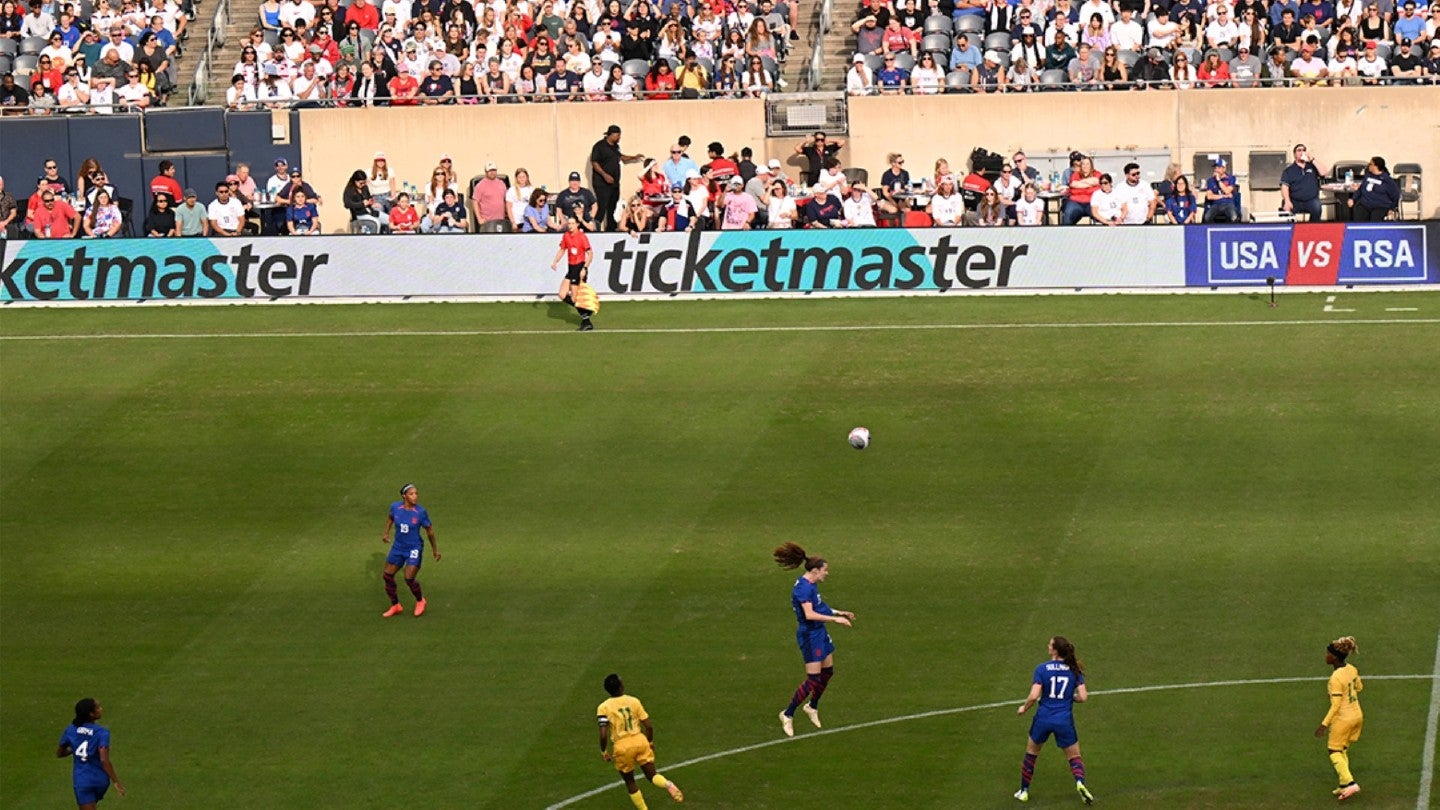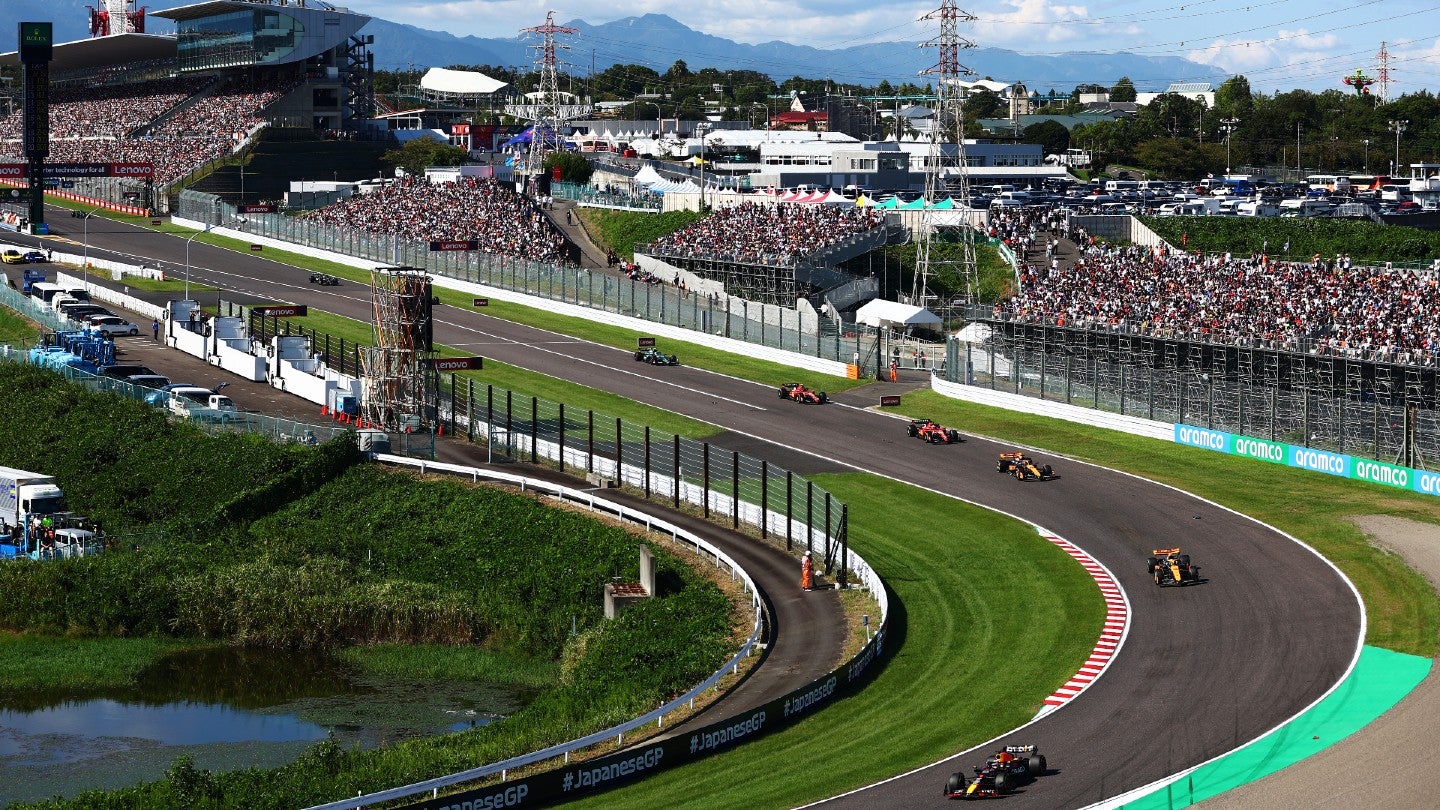Barcelona, the Spanish soccer giants, posted a record profit of €304 million ($326.6 million) for the 2022-23 season thanks to the club's financial restructuring to reduce their debt.
The LaLiga club revealed the profit was €40 million higher than expected due to record revenues of €1.26 billion, a significant rise from €1.02 billion in the 2021-22 season.
The Catalan side have pulled several ‘economic levers’ over the past year to balance the books and comply with LaLiga’s strict financial regulations.
The levers, a term coined by club president Joan Laporta last year, refers to the club offloading two portions (a 25% stake in total) of future LaLiga media rights to US investment firm Sixth Street in June and July last year, for a total of €667 million.
Barca also sold a 49% stake (24.5% each) in its Barca Studios media and production arm to fan token and engagement platform Scoios.com and web development agency Orpheus Media in July and August 2022.
This sale raised €200 million, initially allowing the club to balance its books and buy new players ahead of the 2022-23 campaign.
These piece-by-piece asset sales by Barcelona represented an effort to get the club’s finances to a point where they could gain the approval of their auditors - who investigated the club’s accounts on behalf of LaLiga - to sign new players.
LaLiga’s financial regulations mean clubs attempting to sign players without meeting the threshold will have their registrations blocked. Therefore, the Catalonian giants have had no choice but to find buyers for some of their assets- such as media rights.
To register new players for this season, Barca resold a 29.5% stake in Barca Studios to Libero Football Finance, the German-based firm that advises soccer clubs seeking to obtain finances, and Dutch investment firm Nipa Capital to raise €120 million.
Last year, the Spanish heavyweights announced a profit of €98 million off the €1.2 billion turnover, its first profit since before the pandemic.
The LaLiga outfit was reportedly more than $1.5 billion in debt, with the team’s leadership in June 2022 stating that €500 million would be needed to save the club from its financial crisis.
Barca announced that for the 2022-23 financial year, the club’s net debt has been reduced for a second consecutive year, dropping from €680 million in June 2022 to €552 million in June 2023.
However, the debt does not include the loans related to the financing of Espai Barça, the project to renovate the Camp Nou stadium.
For the current 2023-24 season, Barca’s board has approved a budget of €859 million and expects an €11 million profit.
The club’s commercial revenue for the year contributed significantly to the profit with record revenue of €351 million in this area, up 43% from 2021-22.
The team generated €200 million from sponsorships after signing deals with the likes of Spotify, Bimbo, Whitebit, and Scotiabank. Half of the figure was paid by audio streaming giant Spotify, which is the club’s front-of-shirt sponsor and stadium naming rights partner under a lucrative long-term agreement.
Barca brought in a further €100 million from its retail operations, a rise of 54%, after opening eight new outlets in Spain.
Matchday revenue amounted to €229 million, 14% higher than what the club budgeted and 8% more than the 2018-19 season, the last before Covid-19.
Barca said it was the first season in the history of the club where more than 1 million tickets were sold to see the first men’s team.
The club’s matchday revenue is expected to drop this season as the team is temporarily playing in the Lluís Companys Olympic Stadium while the Camp Nou is being refurbished.
Laporta said: “These results have been achieved in a season that will go down in history for the record figures at the operational level that have been recorded in the commercial and operational field of the facilities.
“The club has improved in all lines of business, registering in each of them figures higher than planned.”


